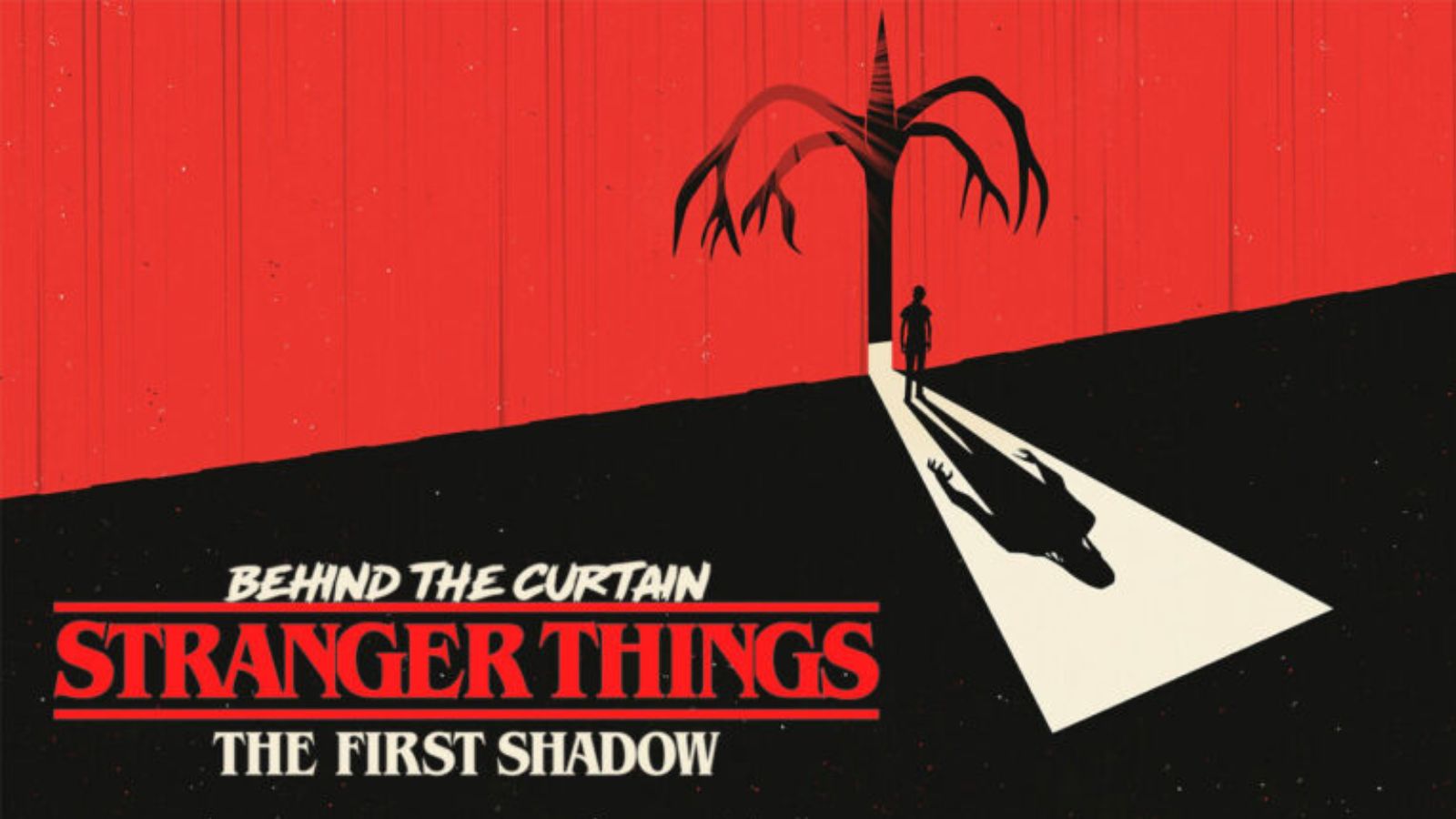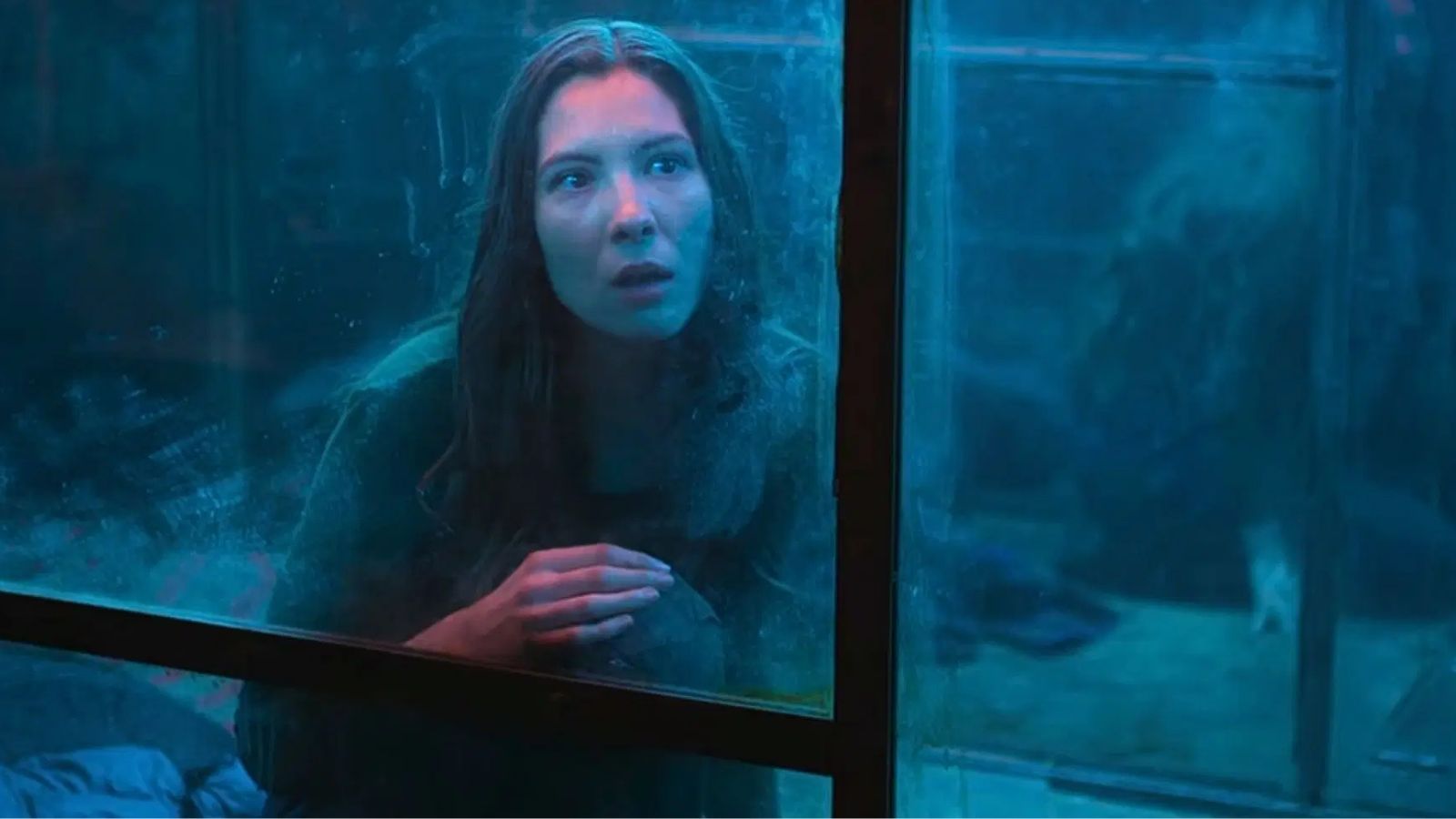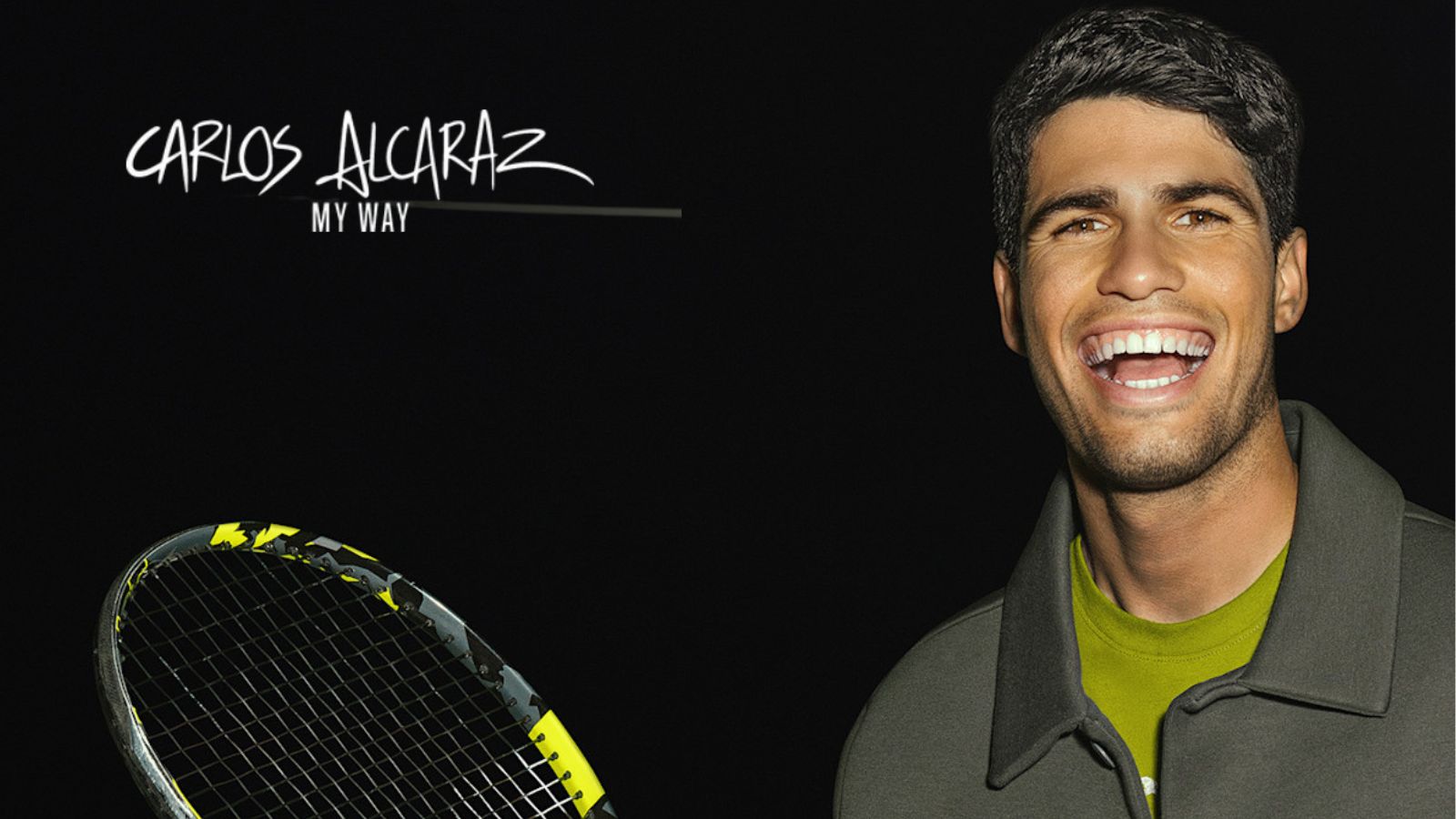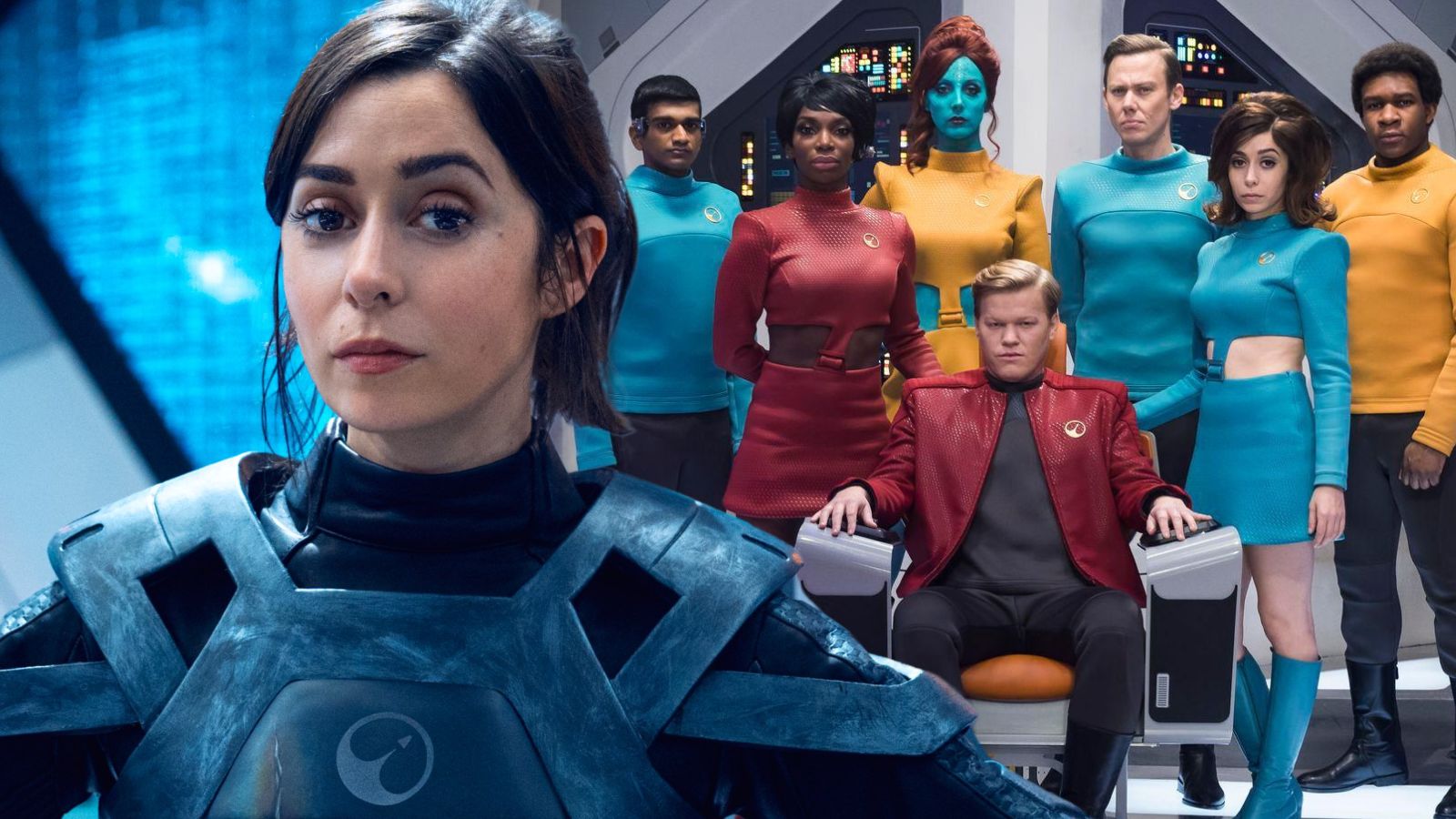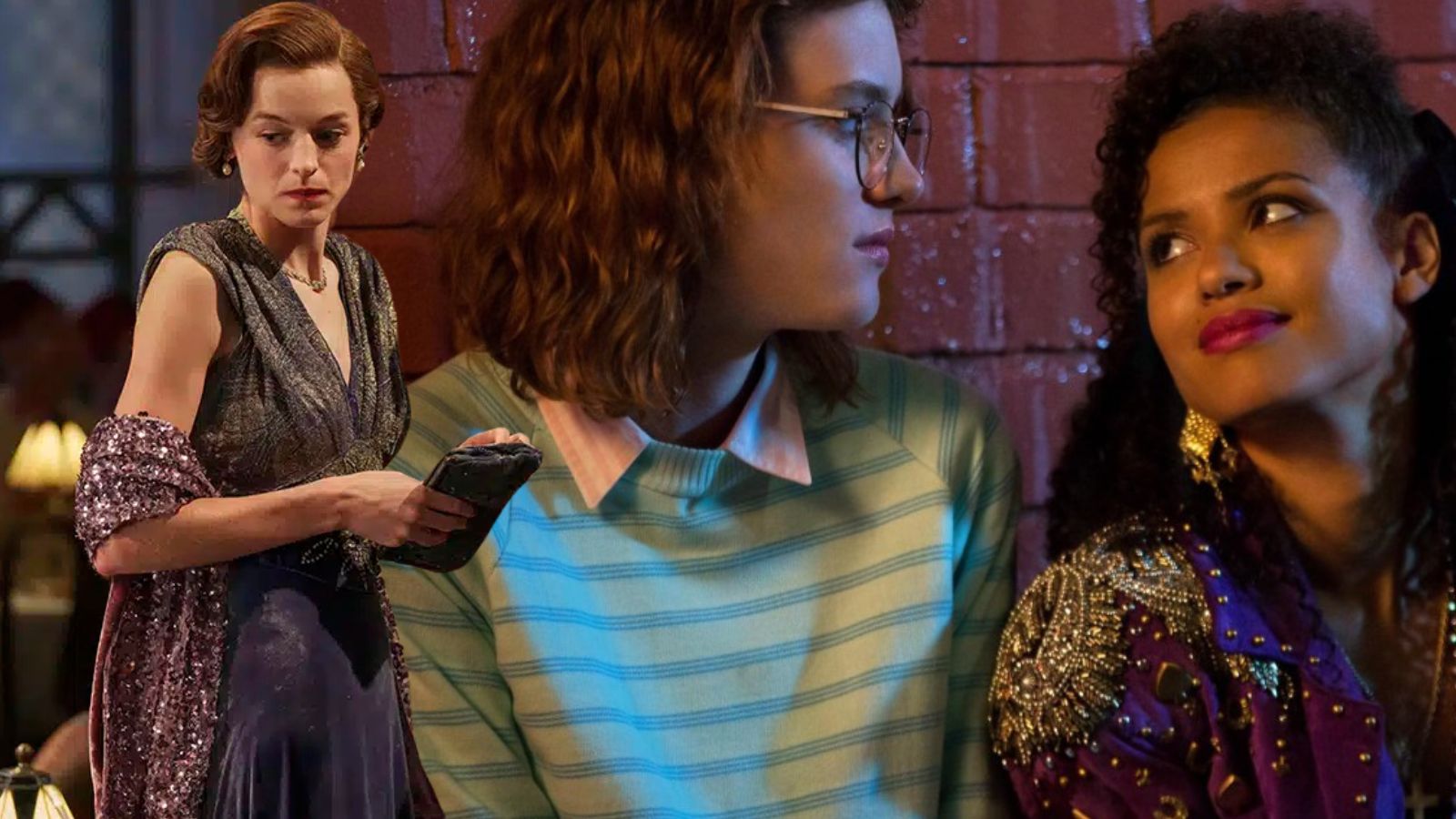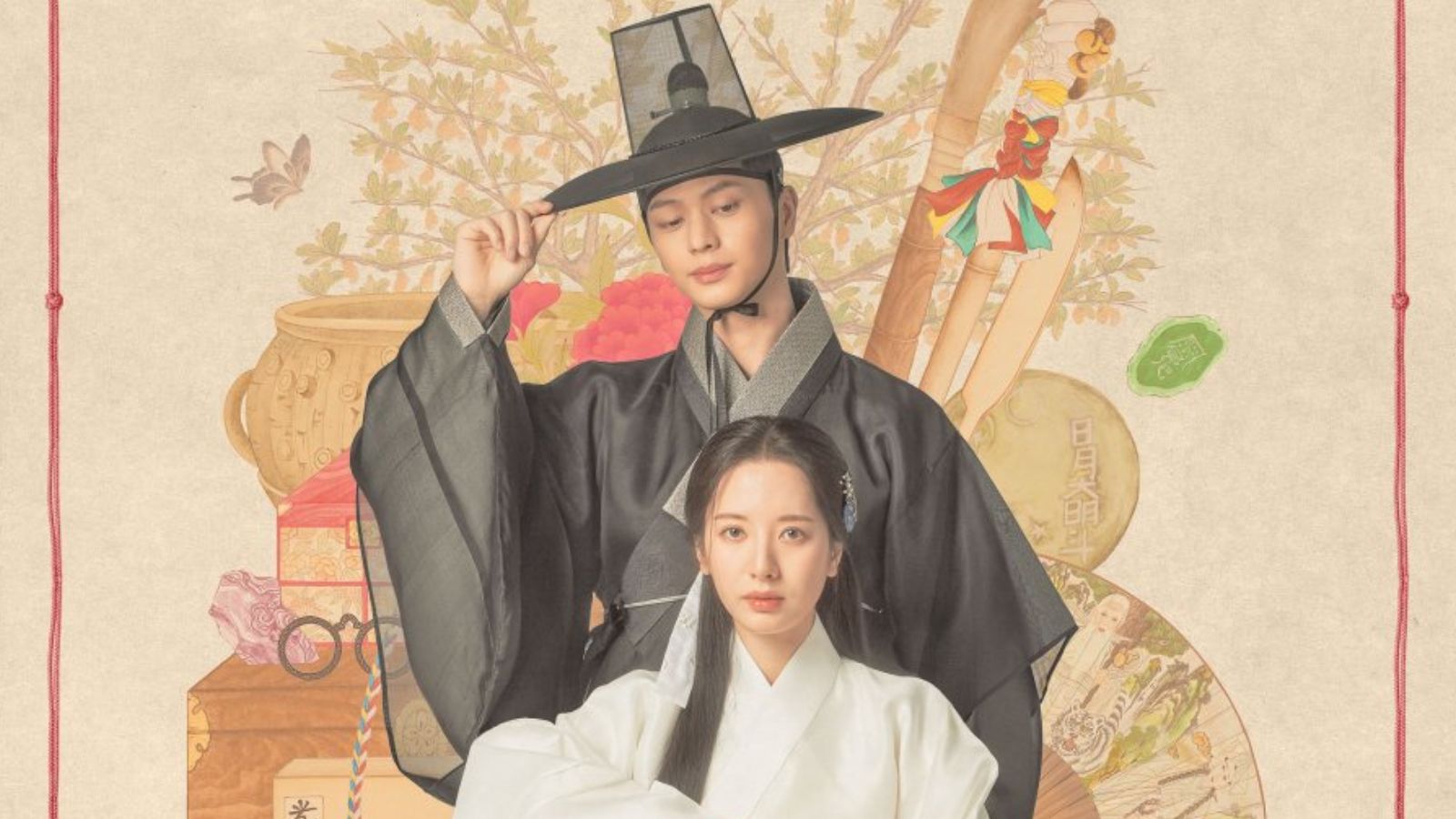
Netflix was Forced to Remove 9 Films and TV Shows on Government Demand
- Netflix had to remove nine films and TV shows that were considered offending in some countries.
- Each country has its laws, and Netflix is obliged to obey them as long as the required documents are produced.
- Netflix says that they also rejected quite a few requests that were unsubstantiated and attempted to straight-out censor.
As detailed in Netflix’s 2019 Environmental Social Governance report, the popular streaming platform isn’t free of discrimination. Governments from around the globe are asking Netflix to remove content that they see as inappropriate for their country’s audience, and the service doesn’t have a lot of moving margin to reject these demands. To comply with these special takedown requests, Netflix has removed a total of nine TV shows and films from 2015 until now. The following list shows what has been removed and as a result of whose action.
- The “New Zealand Film and Video Labeling Body” asked for the removal of “The Bridge” in 2015. The reason for this request is that the documentary film is considered objectionable in New Zealand.
- The “Vietnamese Authority of Broadcasting and Electronic Information” (ABEI) asked for the takedown of the “Full Metal Jacket” in 2017. The Stanley Kubrick-directed film was apparently depicting Hao Chi Minh is a way that couldn’t be accepted by the country.
- The German Commission for Youth Protection (KJM) requested the removal of the “Night of the Living Dead” in 2017. No specific reasons were given, but it’s probably due to gore scenes that could scar the sensitive psychology of the younger audience.
- The Singapore Infocomm Media Development Authority (IMDA) asked for the takedown of “Cooking on High”, “The Legend of 420”, and “Disjointed” in 2018. All three films present a positive side of cannabis, a substance that is illegal in the country.
- The Saudi Communication and Information Technology Commission requested the removal of the episode “Saudi Arabia” of the “Patriot Act” in 2019. The particular episode was highly critical of Crown Prince Mohammed bin Salman, and the way he was allegedly involved in the murdering of journalist Jamal Khashoggi.
- The Singapore Infocomm Media Development Authority (IMDA) demanded the removal of “The Last Temptation of Christ” in 2019. The reason is that the film is depicting Jesus Christ's relationship with Mary Magdalene in a way that’s not acceptable by the country’s laws.
- The Singapore Infocomm Media Development Authority (IMDA) asked for the takedown of “The Last Hangover” in 2020. The comedy short-film is considered offending to specific racial and religious groups in the country.
However, they also point out that several unsubstantiated requests have been rejected by Netflix, which considered them attempts of blatant and unfair censorship. Protecting content creators is important for the whole community, so Netflix is asking the governments to back their takedown demands with legal documents that are approved by the associated bodies in the country. In any other case, the requests are considered invalid and get rejected.
